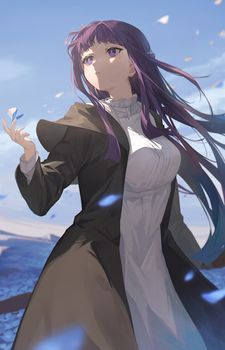
All (5)BadgesMy MALentine Story Fantasy Anime League Fantasy Anime League Fantasy Anime League Fantasy Anime League All (4588)FriendsGoldan_OtakuNahiyan23xxxPAINxxxSpeceriteJormungand-B289nyaaxAnimusswtorIamtragedyMichelin12Yusenbower
Also Available atRSS Feeds |
No reviews were found.
|
Back to Ryuseishun's Profile Ryuseishun's Profile
|
No reviews were found.
|